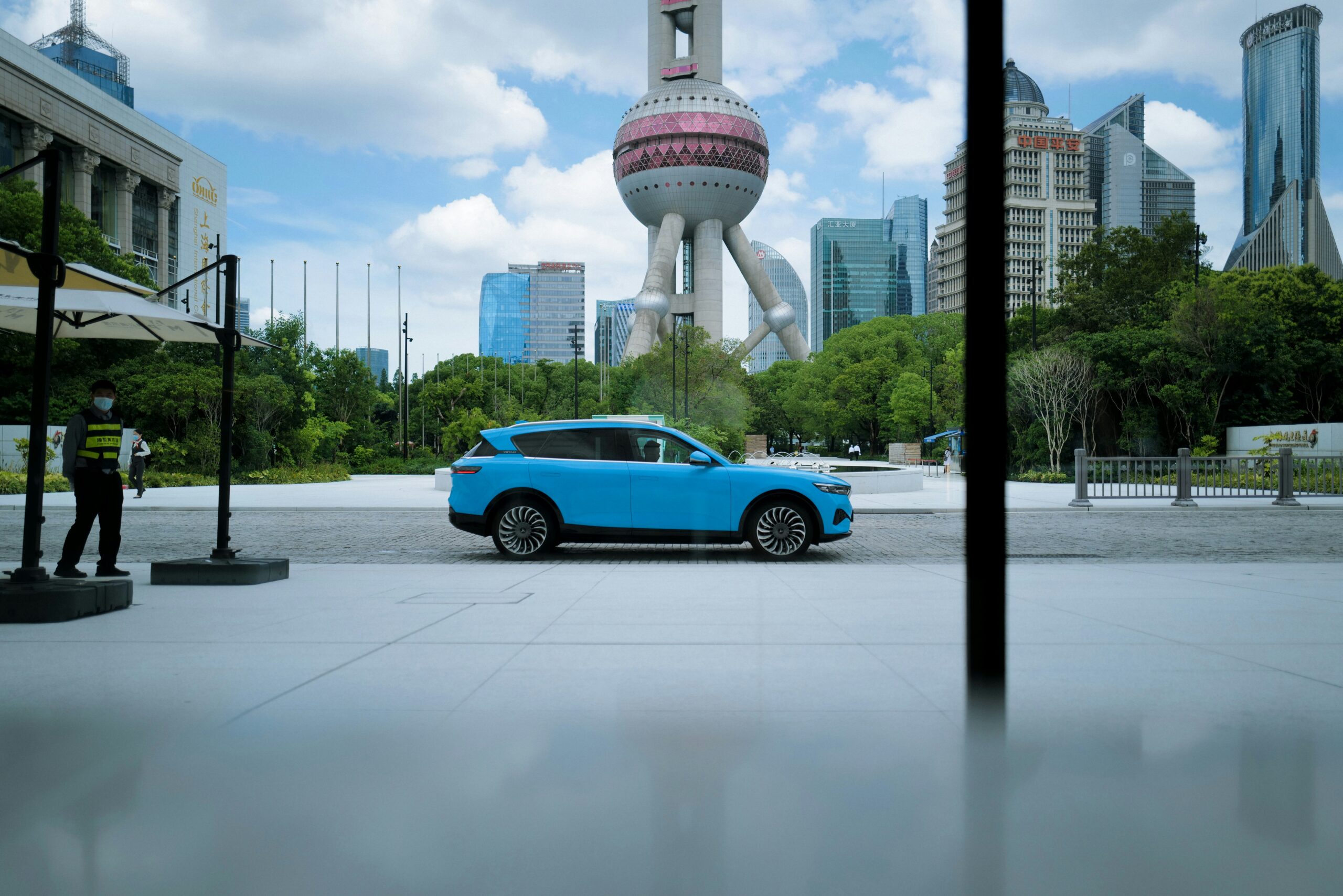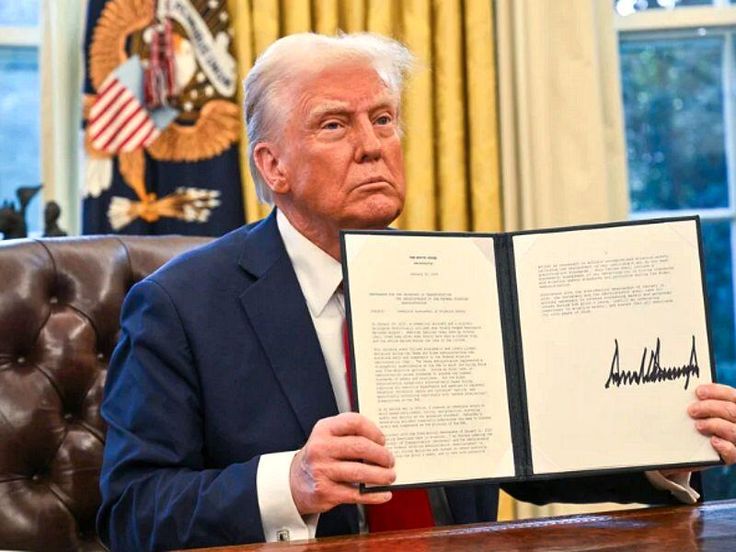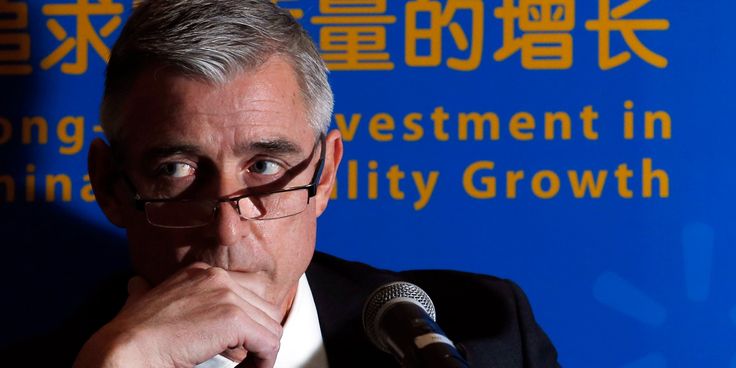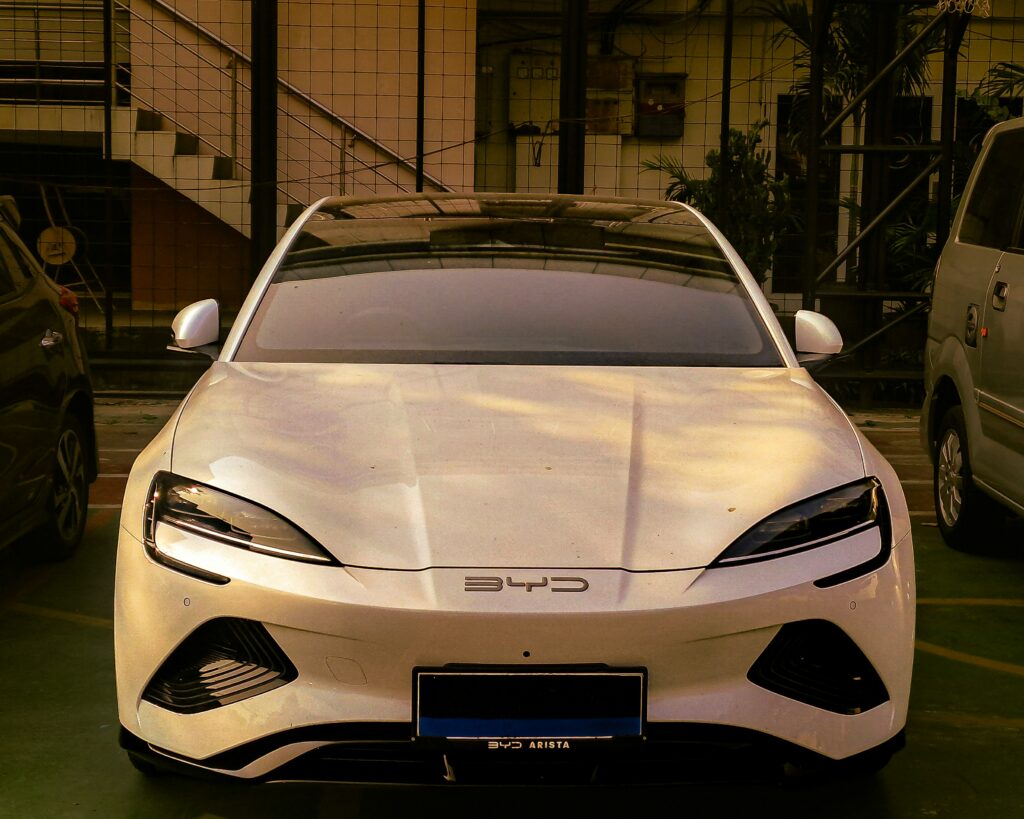
China’s EV Deliveries: After a mid-year slowdown, China’s electric vehicle (EV) market rebounded in August 2025, with several automakers posting record-breaking delivery numbers. New, competitively priced models helped companies like Nio, Leapmotor, and Xpeng push past previous barriers, while industry leader BYD continued to dominate the sector with impressive year-on-year growth.
But not every EV maker enjoyed the boom. Li Auto struggled for the third consecutive month, despite launching a competitively priced SUV, as controversy over a crash test video cast a shadow on its brand reputation. Meanwhile, companies like Xiaomi, Zeekr, and Aito showed steadier — but less dramatic — growth.
The August results highlight both the fierce competition and the volatility of China’s EV industry, where innovation, pricing, and consumer trust all play decisive roles.
BYD Leads the Pack with Strong Growth
China’s EV giant BYD once again held onto its crown in August, shipping 371,501 units, marking nearly 22% growth compared to a year earlier.
The Shenzhen-based automaker has consistently outperformed its rivals, thanks to its massive product lineup that ranges from affordable city EVs to luxury sedans and SUVs. BYD has also benefited from vertical integration, producing its own batteries, which helps lower production costs and keeps pricing competitive in a heated market.
As the price war among EV makers continues, BYD’s ability to scale production while maintaining profitability is setting it apart as the industry leader — not just in China, but globally.
Nio Breaks Records with Onvo Sub-Brand
Nio, one of China’s most recognized EV startups, set a new record with 31,305 deliveries in August. This marks a strong rebound after a slight dip in July, when deliveries slipped below its earlier streak of four consecutive months above the 20,000 mark.
A large share of this growth came from its family-oriented sub-brand Onvo, which shipped 16,434 units in August — a sharp jump from 5,976 units in July.
Key Driver: Onvo L90 SUV
- Nio launched the Onvo L90, a six-seater SUV, on August 1, with deliveries beginning immediately.
- A seven-seater variation is scheduled for late September, which could help sustain momentum into the fall.
- The L90’s family-friendly design, larger seating capacity, and affordable pricing have made it one of the most talked-about EV models in China this summer.
In addition, Nio’s flagship brand also opened pre-orders for the ES8 SUV, priced from 308,800 yuan ($43,305), with deliveries set for September. The anticipation around this model boosted market sentiment and contributed to a rally in Nio’s stock price.
Leapmotor Surges with B01 Launch
Another standout performer in August was Leapmotor, which delivered an all-time high of 57,066 vehicles, up nearly 88% year-over-year. This marked one of the sharpest increases in the EV industry during the month.
What fueled the surge?
- The success of the Leapmotor B01, launched on July 24, which alone accounted for more than 10,000 units sold in its first month.
- The B01 combines affordability with cutting-edge tech, appealing to price-sensitive consumers looking for reliable EV options.
- A new color variant of the B10 model also generated significant buzz, further lifting overall sales.
Leapmotor’s August performance marked its largest monthly jump since March 2025, when deliveries skyrocketed from 25,287 in February to 37,095 in March, thanks to Stellantis-backed expansion efforts.
Xpeng Records New Monthly High
Xpeng also reached a new milestone, recording 37,709 deliveries in August.
Much of this success is tied to the launch of its new P7 model, which began deliveries on August 28. Starting at 219,800 yuan ($30,500), the P7 is one of the most competitively priced EVs on the market, giving Xpeng an edge in China’s ongoing EV price war.
By balancing affordability with advanced driving features, Xpeng has attracted younger buyers and tech-savvy families looking for entry-level premium EVs. The company’s August success could be a sign of sustained growth as production ramps up for the new model.
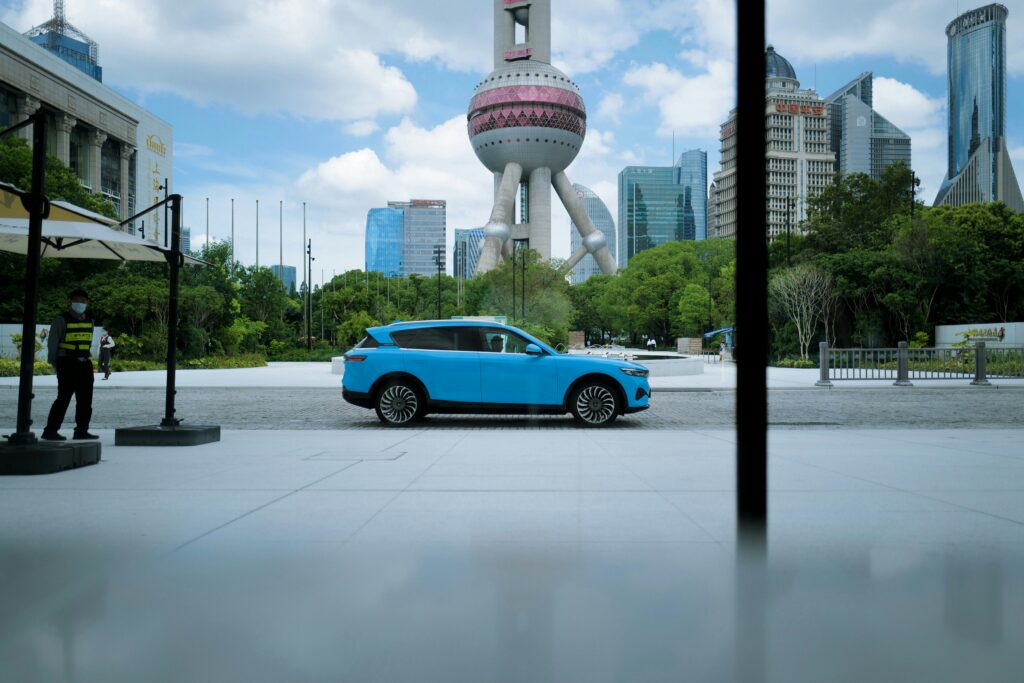
Xiaomi Maintains Solid Ground
Unlike its startup rivals, Xiaomi’s EV business showed stable performance in August with over 30,000 deliveries. While the company did not release an exact figure, the result builds on July’s surge after the launch of the YU7 SUV.
Xiaomi is still relatively new to the EV market, but its strategy of leveraging brand loyalty from its smartphone ecosystem is working. With competitive pricing and a strong fanbase, Xiaomi is positioning itself as a reliable contender in the mid-range EV space.
Zeekr and Aito Show Marginal Growth
Some EV players posted more modest improvements in August.
- Zeekr (owned by Geely) recorded 17,626 deliveries, a small rise from 16,977 in July.
- Aito, part of Huawei’s Harmony Intelligent Mobility Alliance, delivered 44,579 units, a decline from 47,752 in July.
The numbers suggest these companies are stabilizing after the earlier summer slowdown but are yet to achieve the breakout momentum seen by Nio, Leapmotor, and Xpeng.
Li Auto Faces Decline Amid Controversy
Perhaps the biggest disappointment in August came from Li Auto, which reported 28,529 deliveries, down from 30,731 in July. This marks its third consecutive month of decline.
What went wrong?
- Li Auto launched the Li i8 SUV on July 29, with pricing designed to compete in the crowded mid-range EV market.
- However, its rollout was overshadowed by a viral crash test video showing the Li i8 colliding with a truck made by Dongfeng Liuzhou. Some critics claimed the test conditions were unfair, sparking public backlash.
- The company initially defended the video as a “calculated marketing move” but later apologized.
While August’s decline was not as steep as previous months, the controversy has raised concerns about consumer trust in Li Auto and could have long-term implications if the brand fails to repair its image.
China’s EV Price War: A Double-Edged Sword
The latest delivery figures underscore the ongoing price war in China’s EV sector. Automakers are slashing prices and launching budget-friendly models to capture market share.
Benefits:
- Consumers gain access to more affordable EVs.
- Competition drives innovation and forces companies to improve technology.
Risks:
- Thin profit margins could strain smaller startups.
- Aggressive marketing tactics, like Li Auto’s crash test, may backfire.
- Overcapacity could lead to consolidation in the industry.
Analysts warn that while August’s rebound is promising, the sustainability of such aggressive pricing remains uncertain.
Outlook for the Rest of 2025
Looking ahead, China’s EV market is expected to remain highly competitive:
- Nio’s seven-seater Onvo L90 and ES8 SUV could boost its fall numbers.
- Leapmotor and Xpeng will aim to sustain momentum from their new launches.
- BYD will likely continue its steady dominance.
- Li Auto faces the toughest challenge — rebuilding consumer trust while competing in a saturated market.
With EV adoption continuing to rise globally, the performance of China’s automakers in the coming months will be closely watched by investors, regulators, and consumers alike.
Conclusion
China’s EV industry showed clear signs of recovery in August 2025. Market leaders like BYD and rising players such as Nio, Leapmotor, and Xpeng delivered record-breaking results thanks to competitively priced models.
But the challenges are just as evident: Li Auto’s struggles, coupled with the cutthroat price war, highlight how fragile consumer trust and profitability can be in this fast-moving sector.
As the competition heats up, the winners will likely be the automakers who can balance affordability, innovation, and brand credibility — without sacrificing long-term sustainability.

